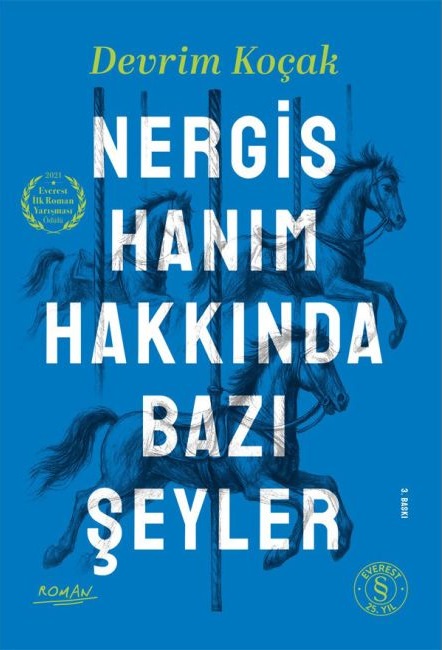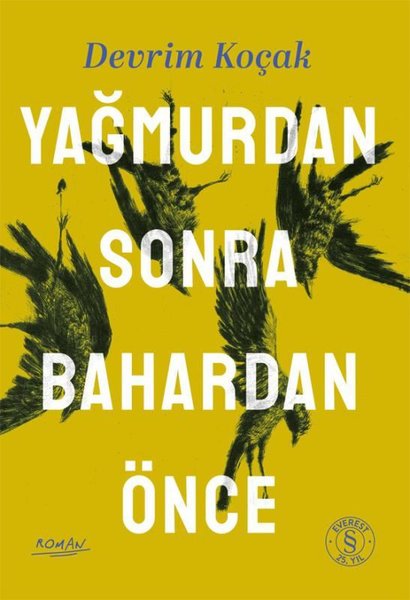Is Steinbeck emphasizing the lack of solidarity of workers in the novel “Of Mice and Men”?
John Steinbeck’s Of Mice and Men, while addressing the existential and social struggles of migrant workers in the Great Depression-era America, strikingly emphasizes the workers’ lack of solidarity. This lack is at the center of the novel not only as a historical and sociological phenomenon but also as an object of philosophical inquiry. Through the dialectic of the individual-society, the tension between freedom and destiny, and the conflict of human nature between selfishness and solidarity, Steinbeck portrays the workers’ failure to unite as both a tragedy and an inevitable consequence of the capitalist system.
Lack of Solidarity and the Philosophical Dimension of Human Nature
The workers’ lack of solidarity in Steinbeck’s novel reflects a deep philosophical problem regarding human nature’s desire for both togetherness and its condemnation to loneliness. In the context of Martin Heidegger’s concept of “being” (Dasein), each of the workers lives a life far from authentic sociality, in the grip of their own existential concerns (Sorge). Although the farm appears to be a community space, it is actually a space of “co-solitude” (a distortion of Mitsein). Instead of uniting around a common goal, the characters surrender to the individualizing effects of the struggle for survival. For example, George’s wariness of the other workers echoes Sartre’s idea that “the other is a hell” (L’enfer, c’est les autres); the other is perceived as a threat or competition rather than an element of solidarity.
In this context, the lack of solidarity reveals a tragic aspect of human existence: man is both a social being (Aristotle’s zoon politikon) and a being who is a prisoner of his own individual interests. Steinbeck embodies this duality in the workers’ inability to develop a common dream or struggle. Crooks’ isolation due to racial discrimination, Candy’s exclusion due to fear of old age, and Curley’s wife’s gendered loneliness show how social bonds are systematically broken down. This is a critique of a social order in which individuals are alienated from one another rather than united, contrary to Rousseau’s ideal of the “social contract.”
The Capitalist System and the Tension Between Freedom and Destiny
Steinbeck’s workers seem to be trapped in the deterministic chains of the capitalist economic order. The unemployment, poverty, and insecurity created by the Great Depression force workers to live lives of constant movement, dependent on temporary jobs. This situation sharpens the philosophical tension between free will and destiny. Although workers have the desire to shape their own destiny (for example, George and Lennie’s dream of owning land), the structural barriers of the economic system take away this freedom. The lack of solidarity, in this context, is not only a result of individual selfishness, but also of the system’s atomization of individuals and suppression of collective consciousness.
Karl Marx’s concept of “alienation” (Entfremdung) provides a powerful framework for explaining this situation. Workers are alienated from the product of their labor, from each other, and ultimately from their own humanity. The hierarchical structure on the farm—Curley’s authoritarian bossiness, the workers’ competition with one another—reflects a lack of “class consciousness” that inhibits solidarity. As Crooks so poignantly puts it, “A man needeth no man,” which demonstrates the internalization of the individualist ideology of the capitalist system. Steinbeck describes this alienation of workers as similar to Hegel’s “master-slave dialectic”: while workers submit to the authority of the master (boss), they also exercise a kind of internalized domination over one another.
The Solidarity of George and Lennie: An Exception or an Impossibility?
George and Lennie’s friendship shines like a beacon of solidarity in the dark landscape of the novel. Their shared dream—to own their own plot of land—holds the promise of a social contract reminiscent of Hobbes’s “state of nature.” But this solidarity is both fragile and exceptional. Other workers either envy or view this bond with suspicion; Curley’s wife, for example, ridicules the imaginary. The tragic ending of the novel shows that this solidarity is unsustainable in the face of the crushing reality of the system. This points to Camus’s concept of the “absurd”: man attempts to find meaning and connection, but the indifference of the universe (or, in this case, the social order) frustrates this effort.
George and Lennie’s bond can also be read in the context of Levinas’s “ethics of the other.” George carries an ethic of responsibility toward Lennie, but this responsibility turns into tragic sacrifice in the face of social norms and economic pressures. The unsustainability of solidarity, even on this individual scale, reinforces Steinbeck’s emphasis on how collective solidarity is undermined by systemic obstacles.
Solidarity as a Political Possibility
While Steinbeck emphasizes the workers’ lack of solidarity, he also indirectly points to the political possibilities of collective action. The novel does not offer a clear political solution such as unionization or collective struggle; however, this absence works as a critique. The workers’ failure to unite is a reflection of the nature of the capitalist system that condemns them to individuality. This is similar to the contradiction that Adorno and Horkheimer discussed in the “dialectic of enlightenment”, where the system both liberates and chains individuals. By depicting the workers’ loneliness and disconnection, Steinbeck forces the reader to question whether this situation is inevitable.


